Highlights:
- Modi says India is on track to become world’s third-largest economy.
- US recently doubled tariffs on Indian goods to 50 per cent over Russian oil imports.
- India contributes 18% to global GDP and remains fastest-growing major economy.
- Modi calls India-Japan ties “strategic and smart,” with $40 billion investments.
- Two-day Japan visit includes 15th India-Japan Annual Summit with PM Ishiba.
Prime minister Narendra Modi, during his visit to Tokyo for the 15th India-Japan Annual Summit, strongly emphasized India’s political and economic stability, projecting the country as a trustworthy global economic partner and a prime destination for international investors. The event came just days after the United States imposed fresh 50 per cent tariffs on Indian goods, a move that has triggered global market anxieties and forced New Delhi to ramp up its outreach in Asia.
India’s growth story amid global headwinds
Addressing the India-Japan Economic Forum, Modi underscored India’s position as the world’s fastest-growing major economy. “Today, India has political stability, economic stability, transparency in policy, and predictability. Very soon, India will become the world’s third-largest economy,” he asserted. Modi added that India now contributes 18% to global GDP and that its markets have delivered robust returns—results driven, he said, by a consistent focus on “reform, transform, and perform” policies.
He also responded to investor concerns, affirming, “In India, capital doesn’t just grow, it multiplies.” With reforms such as the introduction of GST, single-window clearances, and broader investor-friendly moves, India has succeeded in attracting strong foreign investment, especially from Japan.
India-Japan: Strategic and economic powerhouse
Modi hailed India-Japan ties as “strategic and smart,” noting that Japanese companies have invested more than $40 billion in India—with $13 billion in the past two years alone. From metro projects, manufacturing, and semiconductors to start-ups, he credited Japan as a symbol of trust in India’s transformation. “India is the springboard for Japanese business to the Global South. Together, we will shape the Asian Century for stability, growth, and prosperity,” he declared.
He invited Japanese businesses to “Come make in India, make for the world,” highlighting India’s scale and Japan’s technology as a powerful partnership to lead the tech revolution of the century. Collaborations in clean fuel, green energy, high-value manufacturing, and critical minerals were key topics during the summit with Japanese Prime Minister Shigeru Ishiba.
Special strategic and global partnership
The summit marks Modi’s first solo visit to Japan in almost seven years and reaffirms the special strategic and global partnership between the two nations. He stressed that their shared vision and robust cooperation will drive long-term regional prosperity. Modi also highlighted the newly signed Joint Credit Mechanism between India and Japan for clean fuel development, reinforcing both countries’ commitment to environmental sustainability.
Looking ahead: Regional cooperation and global role
Modi’s Asia tour, which also includes visits to China and participation in the Shanghai Cooperation Organisation (SCO) Summit, is widely seen as a recalibration of India’s diplomatic strategy in response to shifting global trade dynamics. Indian officials signaled openness to further reforms in key sectors such as nuclear energy, defense, and space, aligning with the government’s “reform, perform, and transform” mantra.
As Western trade barriers mount, Modi’s Tokyo address positions India as a stable, rapidly expanding economy and a central pillar of Asian growth and global supply chains. His call to deepen ties with Japan and other regional partners reflects India’s ambition to drive and shape the future of the Asian Century through strategic, economic, and technological cooperation.
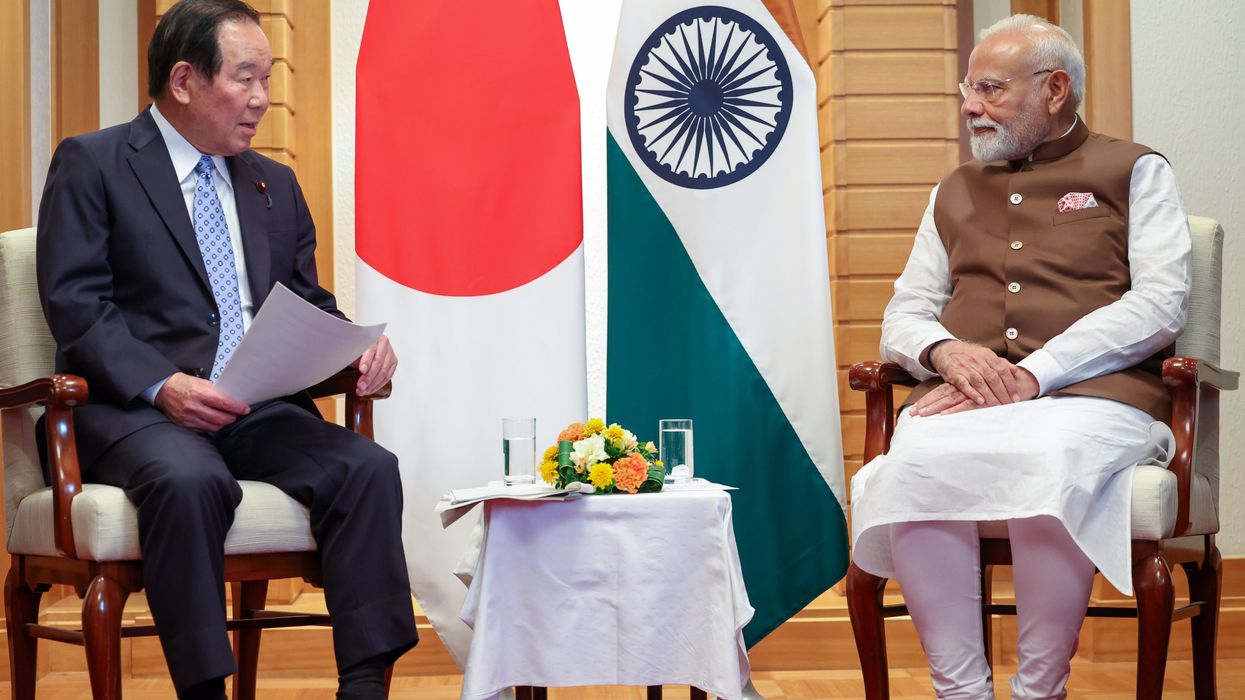

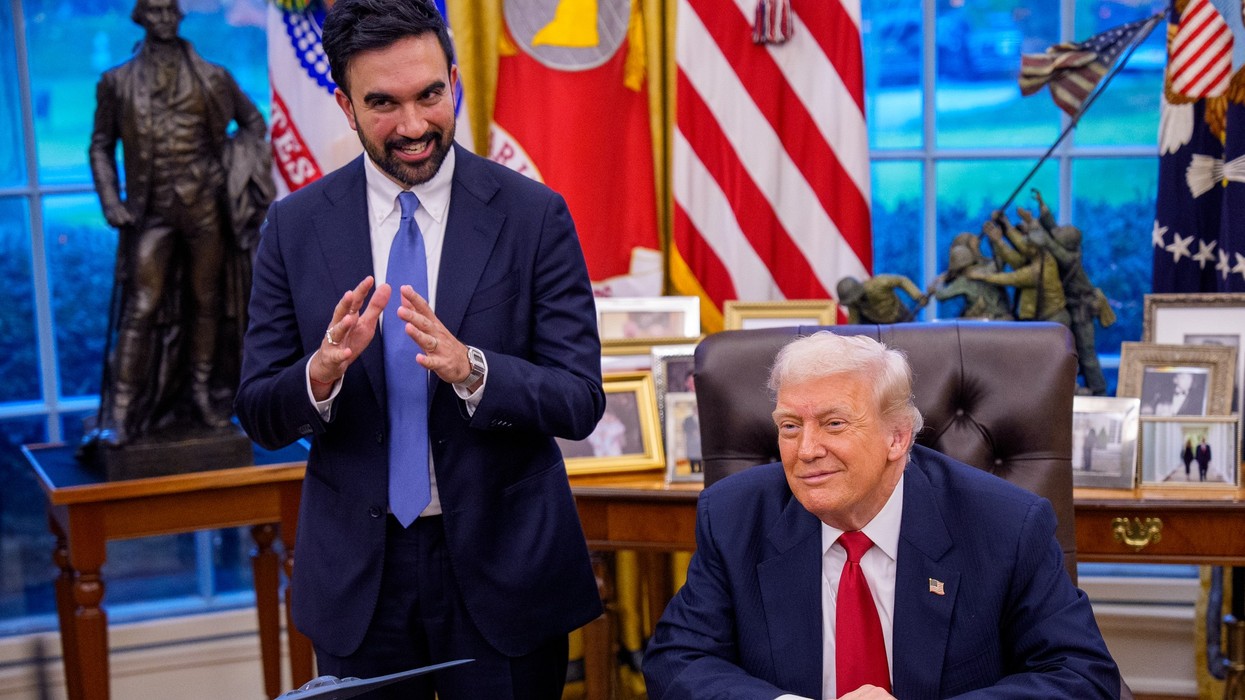
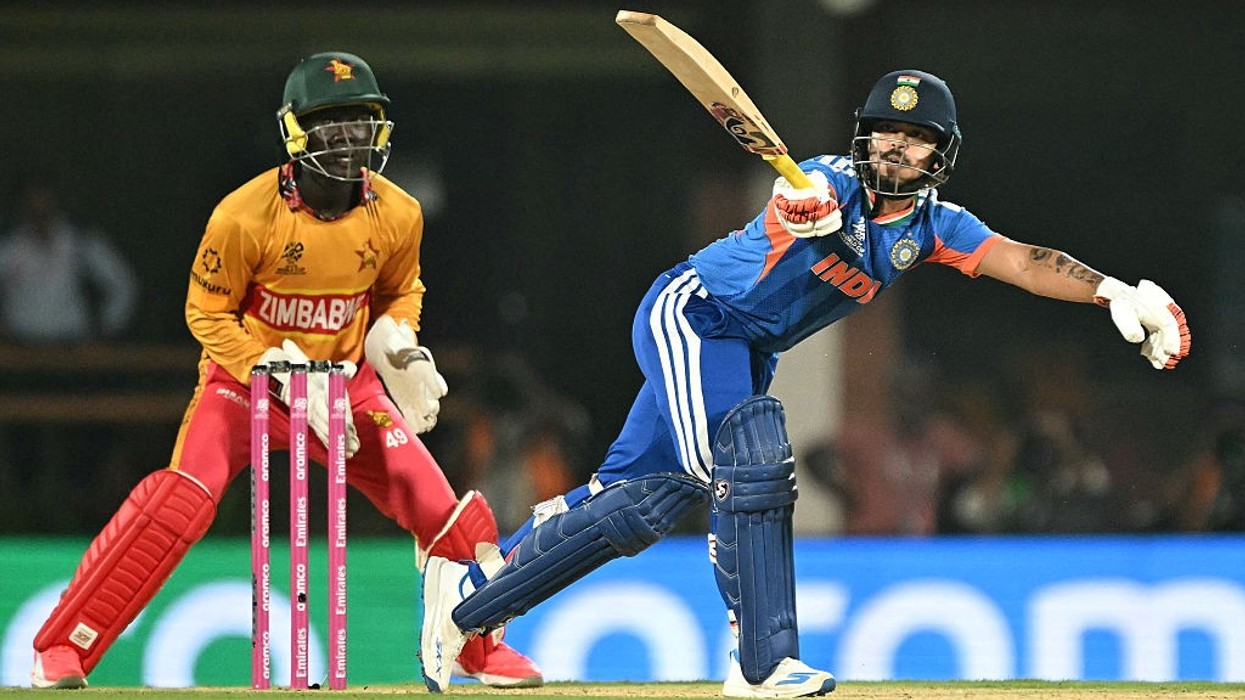
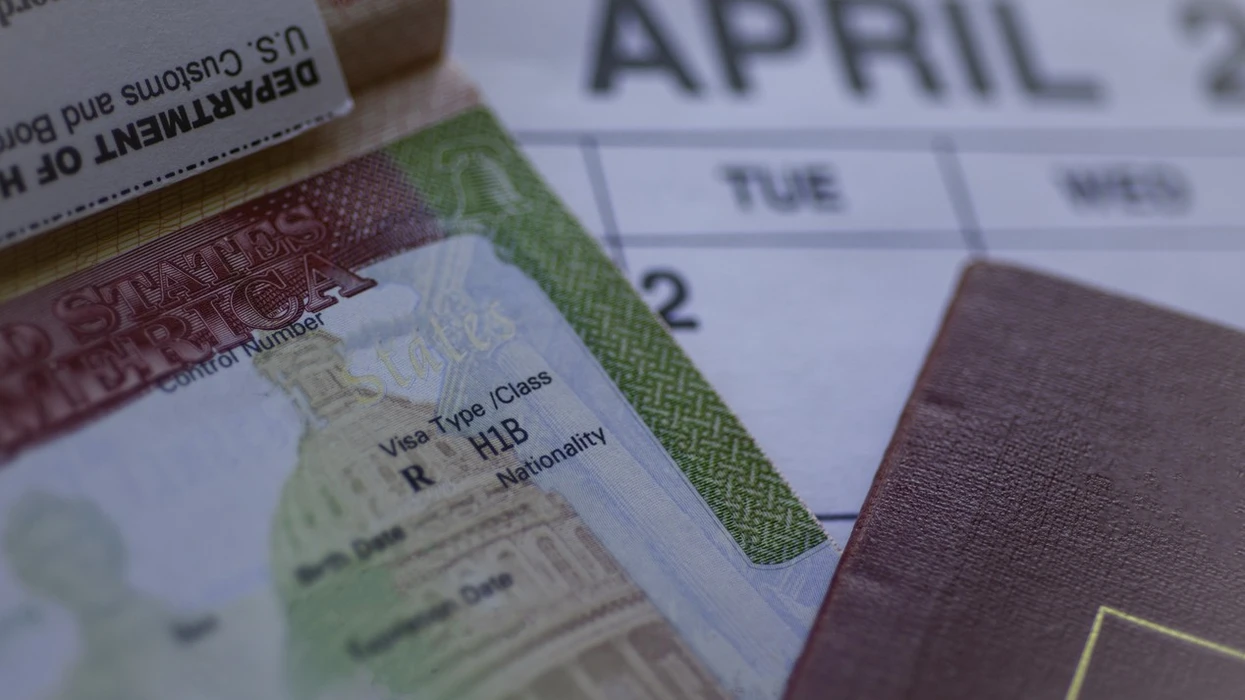

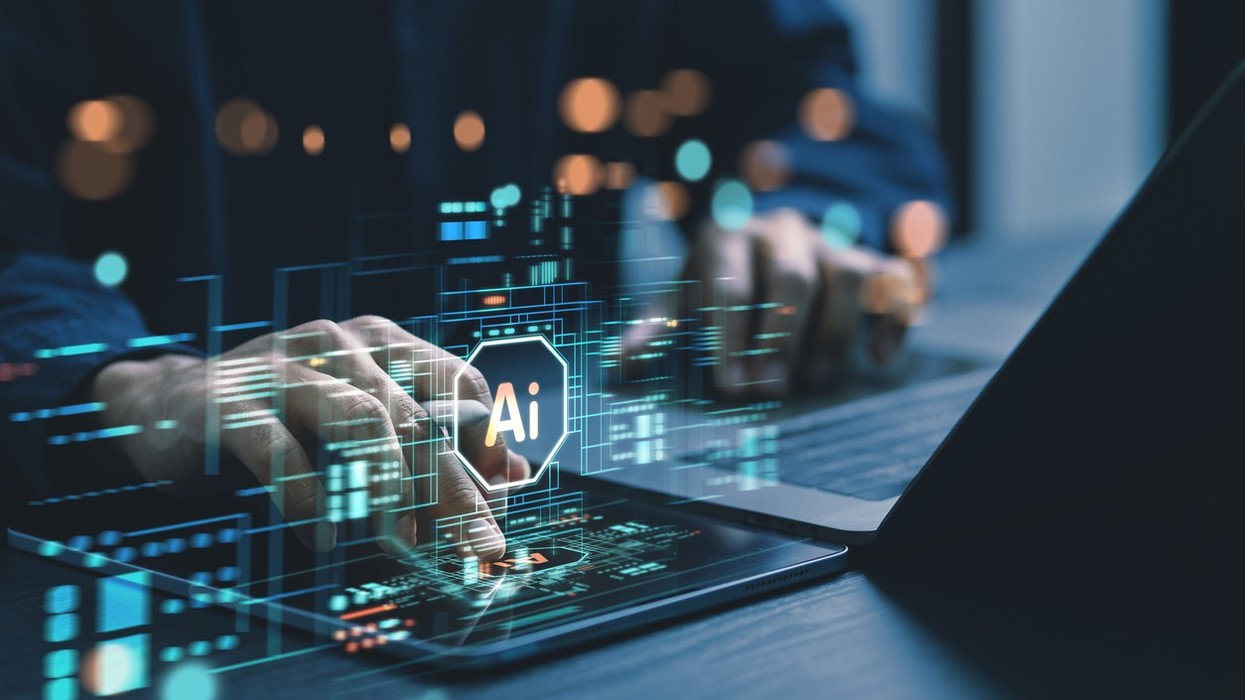

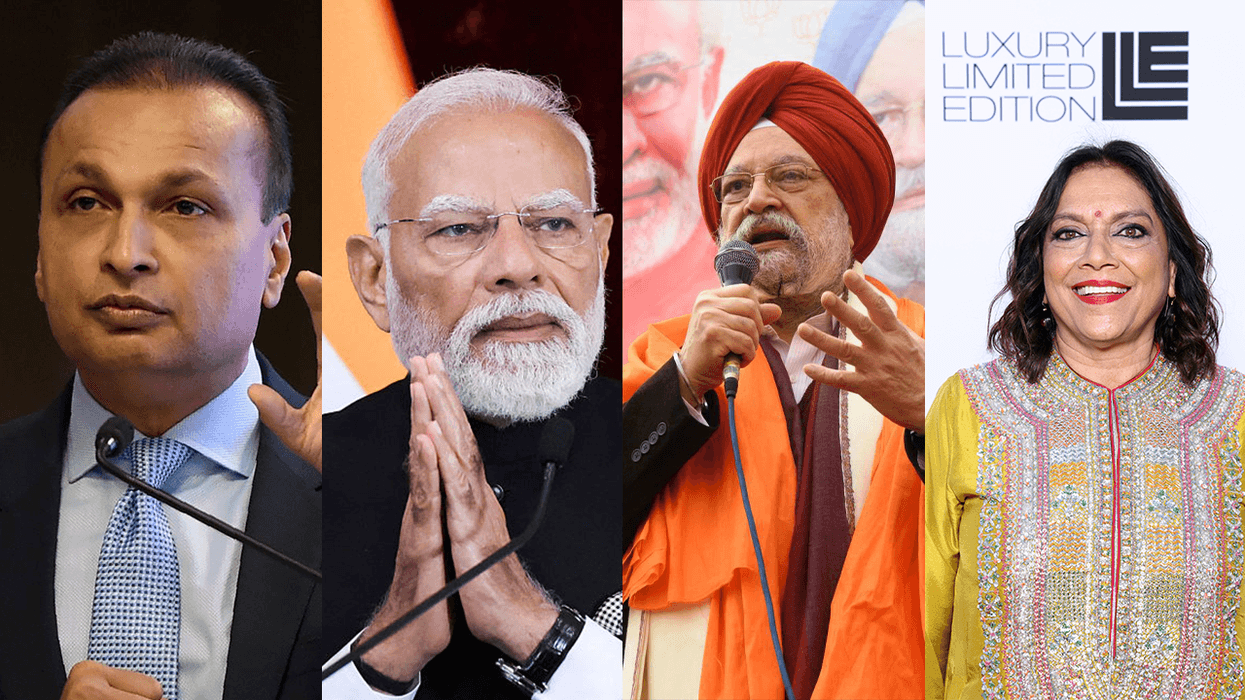



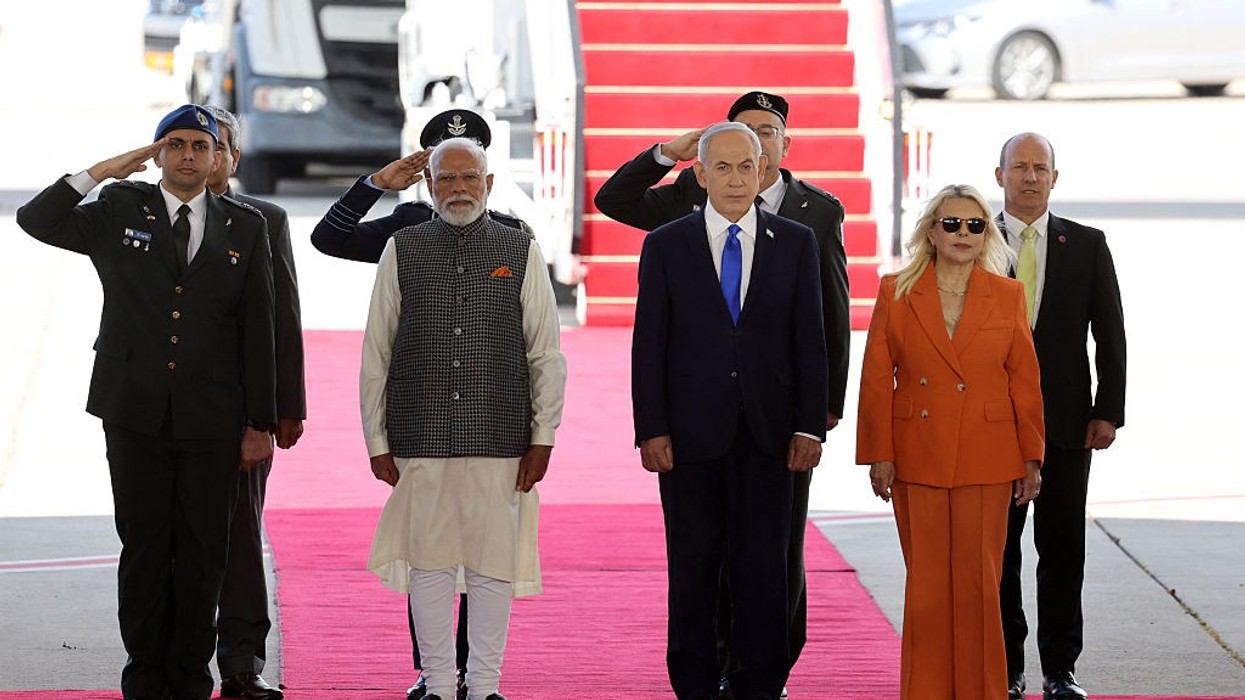

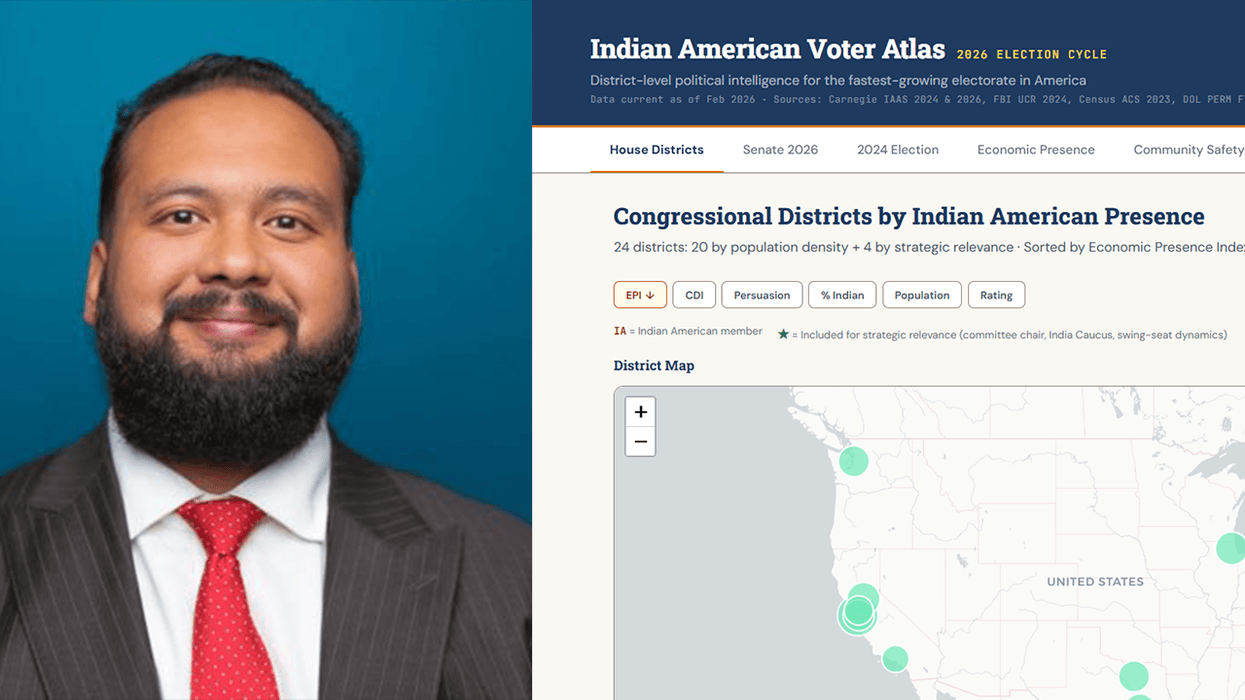
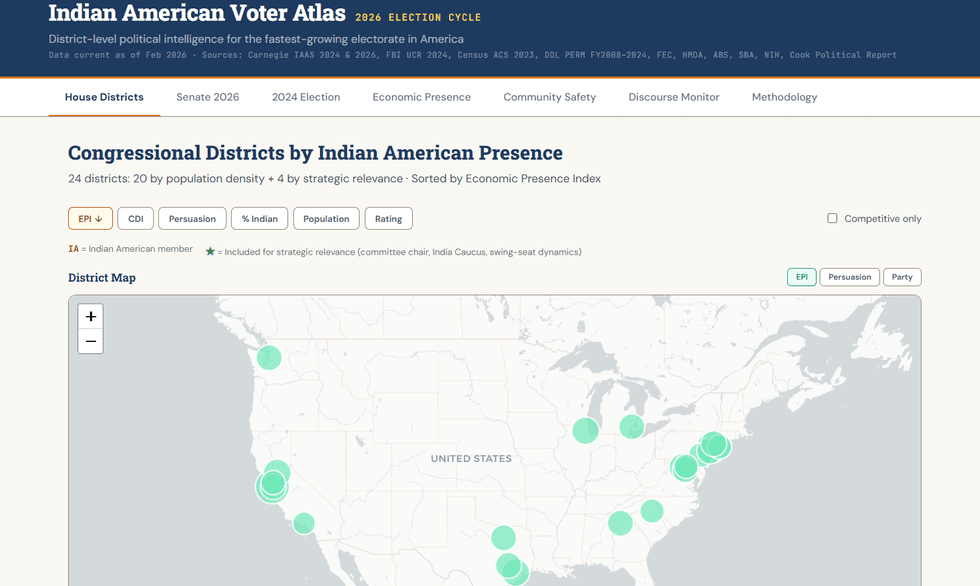 https://www.voteratlas.io/
https://www.voteratlas.io/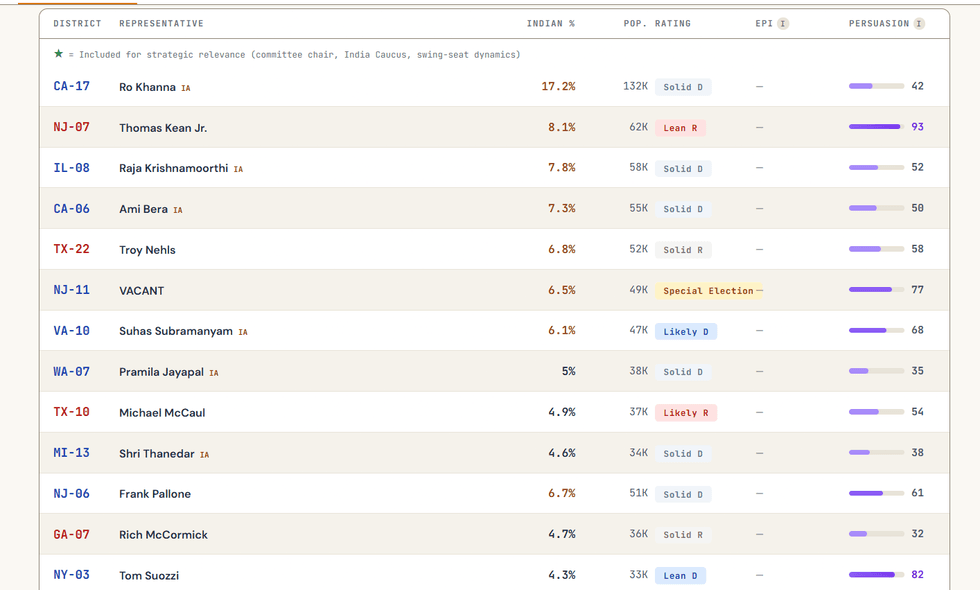 https://www.voteratlas.io/
https://www.voteratlas.io/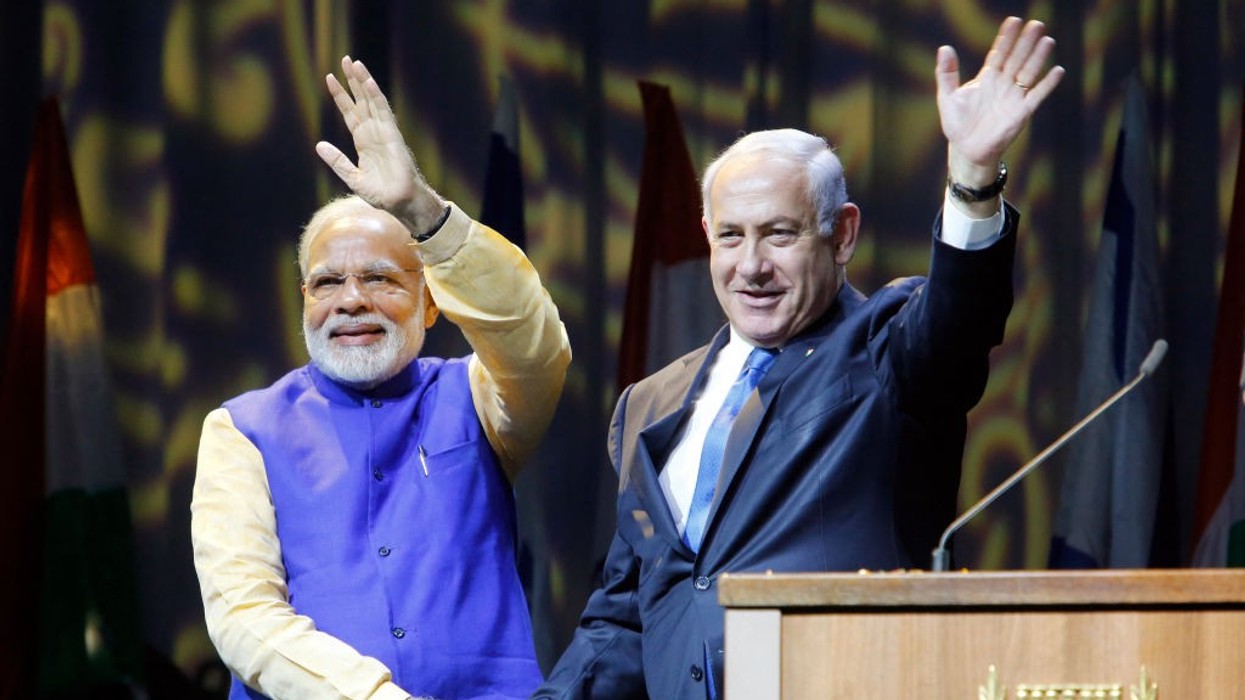
 A historic moment in Israel. The parliament erupted in applause and echoed with ‘Modi, Modi’ chants as PM Narendra Modi prepared to address lawmakers, highlighting the deep ties and admiration… | Times Now
A historic moment in Israel. The parliament erupted in applause and echoed with ‘Modi, Modi’ chants as PM Narendra Modi prepared to address lawmakers, highlighting the deep ties and admiration… | Times Now